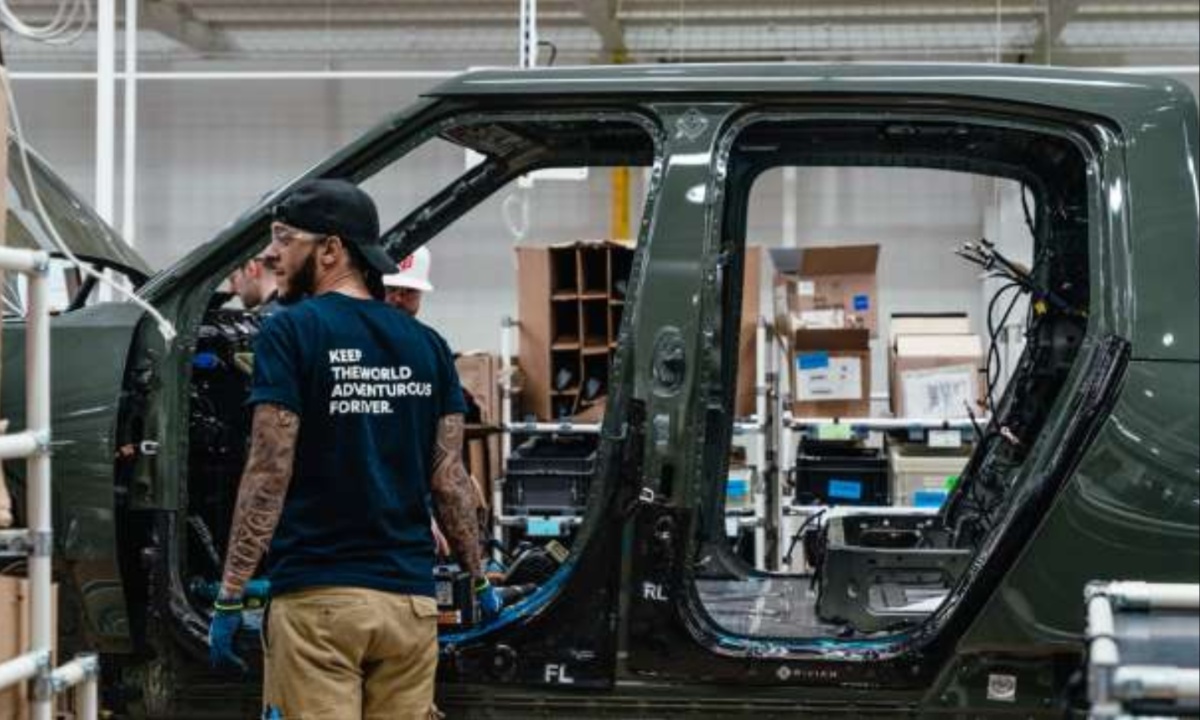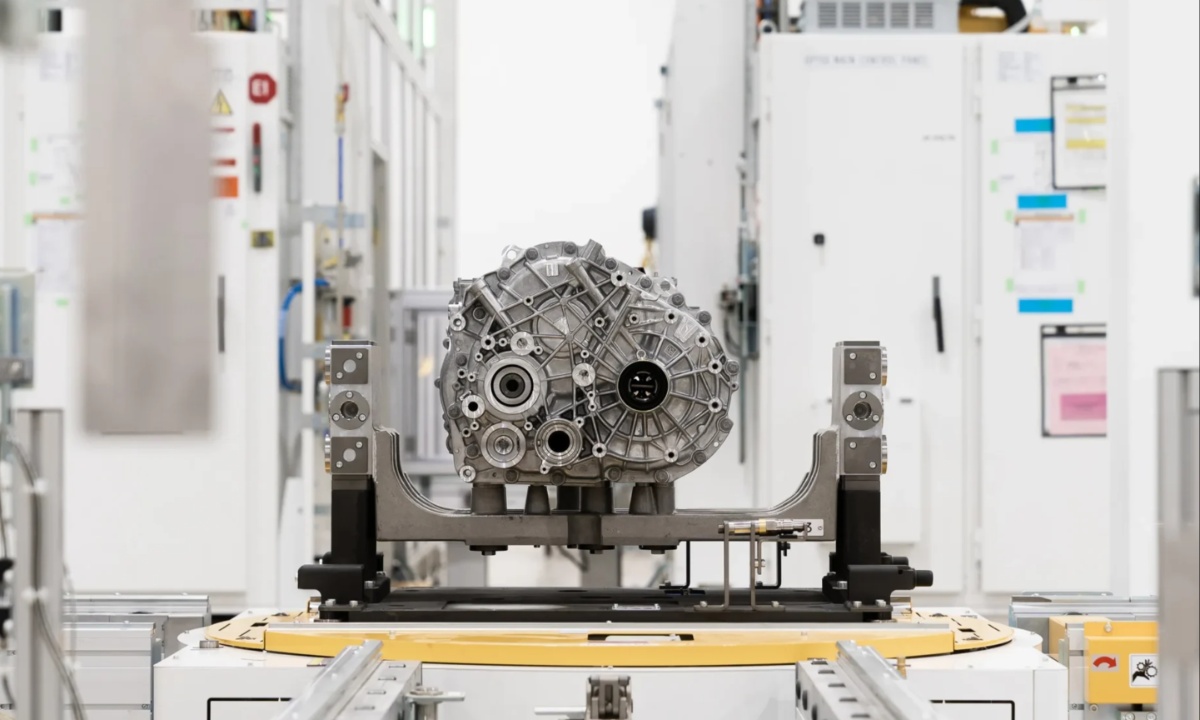Rivian Automotive’s significant 9% share price drop on October 4 highlighted challenges stemming from a supply chain misstep involving a critical component—copper windings—for its in-house electric vehicle (EV) motors. The issue arose from a miscommunication earlier this year with its supplier, Essex Furukawa, which left Rivian without access to this essential material. This disruption has impacted the production of its R1 pickup, SUV models, and delivery vans for Amazon, curbing expectations for the EV maker’s performance. Neither Rivian nor Essex offered public comments on the situation.
The crux of the issue lies in Rivian’s miscalculation of its supply and demand needs when coordinating with Essex, its sole supplier of copper windings. Essex subsequently allocated its manufacturing resources to other customers, leaving Rivian scrambling for alternatives. While the company has identified potential replacement suppliers, the short notice and high costs associated with switching have added significant strain to its operations.

This supply chain blunder has forced Rivian to slash its 2024 production forecast by up to 18%, revising the target to 47,000–49,000 vehicles for the year. The shortage began impacting production in the third quarter and has become more acute in recent weeks, underscoring Rivian’s vulnerability to single-source dependencies in its supply chain. Unlike larger automakers that leverage multiple suppliers, Rivian’s low production volumes have hindered its ability to diversify.
The absence of backup vendors has exacerbated the crisis, creating a bottleneck at Rivian’s sole assembly plant in Normal, Illinois. This situation demonstrates the risks smaller automakers face when scaling production without robust supplier redundancies. Analysts have expressed concerns that this shortage might affect Rivian’s delivery timelines into 2025, casting doubt on its ability to achieve its financial goals, including a positive gross margin for the last quarter of 2024.
Following the production target revision, analysts have reassessed Rivian’s outlook. Deutsche Bank’s Edison Yu and team cautioned investors about the broader implications of the supply chain issues, particularly on Rivian’s ability to meet delivery commitments and sustain financial performance. The misstep not only highlights Rivian’s operational challenges but also raises questions about its readiness to compete with established automakers in the rapidly evolving EV market.

